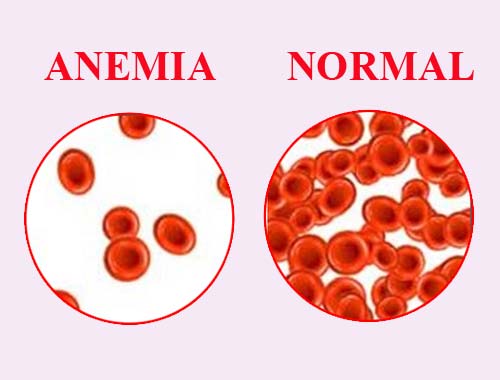Laboratory Reference Ranges in Healthy Adults tool
 Published: 13 Aug 2024
Published: 13 Aug 2024

Your lab results may also include one of these terms:
Negative or normal, which means the disease or substance being tested was not found
Positive or abnormal, which means the disease or substance was found
Inconclusive or uncertain, which means there wasn't enough information in the results to diagnose or rule out a disease. Lab results are often shown as a set of numbers known as a reference range. The range helps show what a typical normal result looks like.
But not everyone is typical. Sometimes, healthy people get results outside the reference range, while people with health problems can have results in the normal range. If you get an inconclusive result, you will probably get more tests.
Tests that measure various organs and systems often give results as reference ranges, while tests that diagnose or rule out diseases often use the terms listed above.A reference range may also be called 'normal values.' You may see something like this on your results: 'normal: 77-99mg/dL' (milligrams per deciliter). Reference ranges are based on the normal test results of a large group of healthy people.
Blood test results have specific meaning to knowledgeable and qualified medical personnel. Remember that Blood test results are always best interpreted by a Blood professional or doctor who is familiar with your Blood test history, over time. Blood test results are compared and measured in 'normal ranges' for a given population group and individual. What is the normal range of each part of my Blood test? What is the normal maximum and normal minimum result in each part of a Blood test? For instance, what id the normal range of uric acid? What is the normal white Blood cell count? Blood test results, made possible by the taking of Blood for laboratory testing, are one of the most important tools that your doctor uses in evaluating your health status. Blood tests, including various Blood chemistry and hematology 'Blood tests' offered by most test labs, represent an economical way by which quality information about a patient's physical condition, at the time of the Blood testing, can be made available to the physician. These Blood test results, after review and interpretation by a qualified Blood professional, play an important part in an overall diagnosis. Blood test results are important in detecting and diagnosing Blood disorders in Blood tests and a Blood test with Rare Blood types. Low cost Blood tests, discount Blood testing and even free Blood tests are available and listed in your local community.Blood tests are fast and almost painless. It is important to realize that your Blood test result may be outside of what is called the 'normal range' for many reasons.